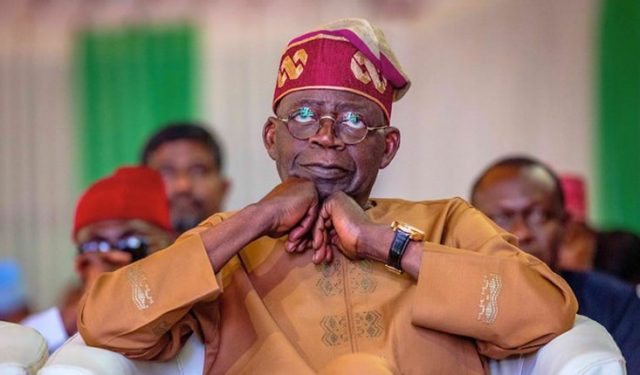Nigeria has obtained a total of $2.7 billion in loans from the World Bank during the tenure of President Bola Tinubu, sparking concerns about the country’s escalating external debt servicing costs. The approved loans are earmarked for the power sector ($750 million), women’s empowerment ($500 million), girl’s education ($700 million), and renewable energy ($750 million), as per Nairametrics findings.
Loan Breakdown:
- $750 Million for Power Sector: Approved on June 9, 2023, this loan aims to boost Nigeria’s power sector. The World Bank specified that the funds would serve as additional financing for the power sector recovery performance-based operation.
- $500 Million for Women’s Empowerment: Announced on June 27, this loan supports Nigeria’s women’s empowerment initiatives. It provides scale-up financing for the Nigeria for Women Programme.
- $700 Million for Educating Adolescent Girls: Approved in September 2023, this loan focuses on enhancing educational opportunities and empowerment for adolescent girls in Nigeria. It supports the ‘Adolescent Girls Initiative for Learning and Empowerment’ (AGILE) project, promoting secondary education accessibility for girls in specific target states.
- $750 Million for Renewable Energy: Approved on December 14, this loan supports the Distributed Access through Renewable Energy Scale-up (DARES) project in Nigeria. The goal is to provide over 17.5 million Nigerians with improved access to electricity through distributed renewable energy solutions.
Insights:
- The World Bank revealed that Nigeria was the top recipient of its fresh loans in 2022, receiving about $2.9 billion. Tanzania followed closely with $2.7 billion in the same year.
- As of September 30, 2023, Nigeria owes the World Bank a total of $14.58 billion, according to data from the Debt Management Office (DMO).
- Concerns have arisen over Nigeria’s increasing debt costs, with a significant 277.64% surge in external debt servicing in the third quarter of 2023.
- The DMO attributed the decrease in external debt to the redemption of a $500 million Eurobond and the payment of $413.859 million as the first principal repayment of the $3.4 billion loan obtained from the International Monetary Fund (IMF) in 2020 during the Covid-19 pandemic.
- Despite concerns, there is no recorded debt service to the IMF in the external debt servicing report of Q3 2023.
In response to the situation, the World Bank emphasized the impact of high debt service costs on developing countries, urging coordinated action to address debt-related challenges and avoid a potential crisis. Chief Economist and Senior Vice President at the World Bank, Indermit Gill, stressed the need for transparency, better debt sustainability tools, and swifter restructuring arrangements to avert a “lost decade” for these nations.











